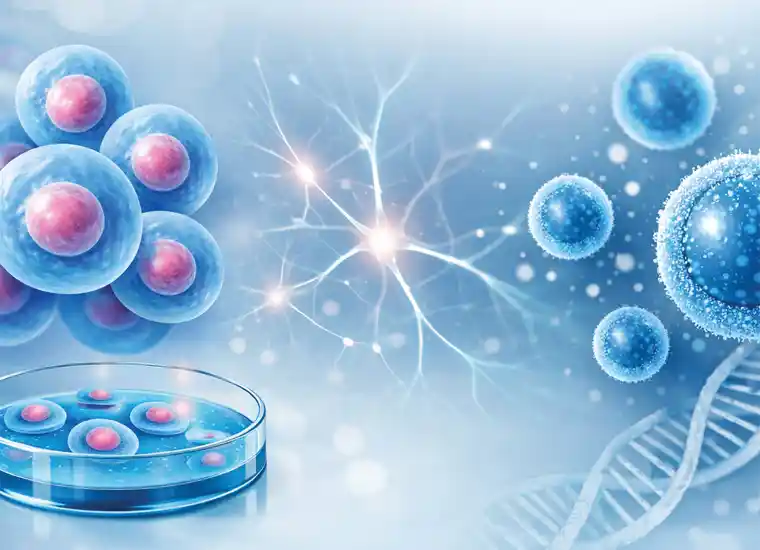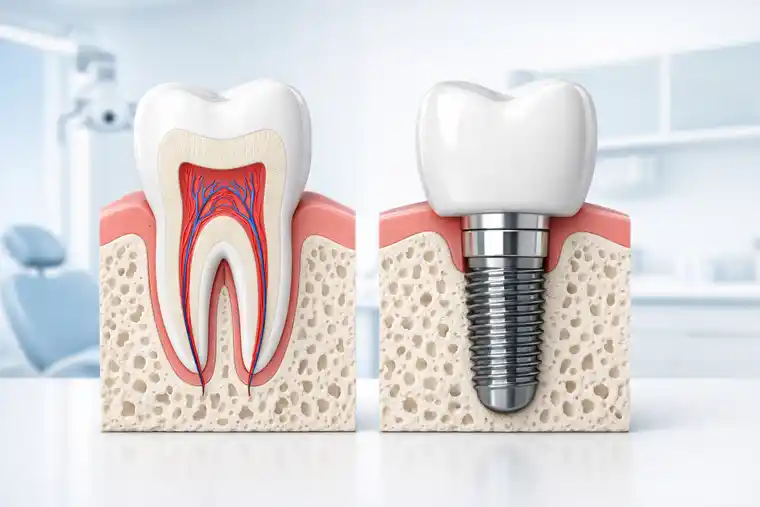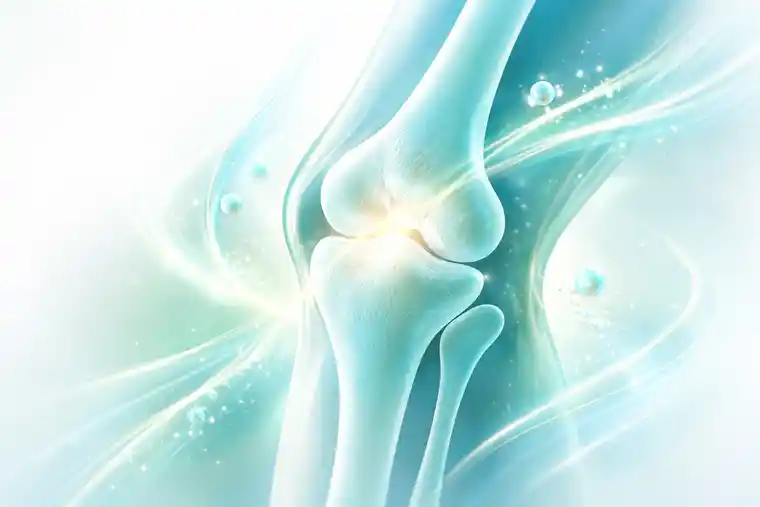Thyroid Cancer Treatment in ISTANBUL, TURKEY | Best Clinics, Surgeons & Prices

We’re here to choose the most suitable clinics for your thyroid cancer treatment in Istanbul and to support you on this journey.
Most popular clinics for thyroid cancer treatment in Istanbul
Istanbul offers numerous reasons why it should be chosen for thyroid cancer treatment.
The city has top-notch healthcare centers with expert professionals. They use advanced technology for accurate diagnosis and precise treatment. Istanbul also provides access to clinical trials and the latest therapies. The healthcare services here are cost-competitive but of high quality. Patients can enjoy the cultural and historical richness of the city, which offers support during cancer treatment. Additionally, Istanbul’s international airports make it easily accessible for patients from around the world.
Read everything you need to know about thyroid cancer treatment in Istanbul here. The most commonly used methods include surgery, radioactive iodine therapy, radiation therapy, thyroid hormone replacement. These aim to control thyroid cancer, shrink or destroy the tumor, and prevent the spread of the disease.
Let’s get started!
If you have any questions, just contact us and let us help you! We are looking forward to your call!

Table of Contents
So What Is
- Thyroid cancer is a type of cancer that originates in the cells of the thyroid gland.
- The thyroid gland’s normal function is to regulate the body’s metabolism and control energy levels.
Treatment Plan
Diagnosis and Staging
Thyroid cancer is typically diagnosed through ultrasound examinations, biopsies, and blood tests. Staging is done to assess the size of the cancer, the extent of its spread, and its impact on other organs. This is important for determining suitable treatment options.
The patient’s thyroid hormone levels are examined. Hormone deficiency or excess should be balanced as part of the treatment plan.
The patient’s thyroid cancer risk factors play a significant role in the creation of the treatment plan. Factors such as family history and radiation exposure are taken into account.
The patient’s age, overall health, and other health conditions are also considered.
Treatment Plan
The treatment plan typically involves the following components:
Surgical Intervention: In many cases, surgery is the primary treatment for thyroid cancer. The specific surgical approach depends on the type and extent of cancer. Common surgical procedures include:
Thyroid Lobectomy: Removal of one lobe of the thyroid gland.
Total Thyroidectomy: Removal of the entire thyroid gland.
Lymph Node Dissection: Removal of lymph nodes to reduce the risk of cancer spread.
Radiation Therapy: In some situations, radiation therapy may be recommended, especially after surgery or when the cancer has advanced. Radiation therapy employs high-energy beams to target and eliminate cancer cells.
Radioactive Iodine Therapy: This treatment is used when the entire thyroid gland is not removed. Patients are given radioactive iodine, which specifically targets and destroys thyroid cancer cells.
Thyroid Hormone Replacement: Following the complete removal of the thyroid gland, hormone replacement therapy is often necessary to compensate for hormone deficiency. This therapy may be lifelong.

Thyroid Cancer Treatment is performed as:
- Surgery
- Radiation Therapy
- Radioactive Iodine Therapy
- Thyroid Hormone Replacement
- Chemotherapy (in some cases)
- Targeted Therapies (for advanced cases)
- Immunotherapy (in clinical trials)
Thyroid Cancer Treatment for:
- Individuals diagnosed with thyroid cancer.
- Patients with confirmed thyroid cancer staging.
- Those with specific types of thyroid cancer, as determined by diagnostic tests.
- Individuals who have undergone surgical interventions to remove part or all of the thyroid gland.
- Patients who require post-surgical radioactive iodine therapy.
- People with thyroid hormone imbalances following surgery.
- Those with advanced or metastatic thyroid cancer requiring targeted or immunotherapy.
Thyroid Cancer Treatment Duration:
- The duration of surgical treatment can vary depending on the type of surgery a patient undergoes.
- Radiation therapy is administered through daily sessions and typically lasts 5-7 weeks in duration as part of thyroid cancer treatment.
- Radioactive iodine therapy duration varies based on the specific treatment plan tailored to each patient.
- Chemotherapy cycles can last for several weeks to months, with breaks in between, and patients may experience side effects during treatment.
- Immunotherapy or Targeted Therapies duration varies depending on the drugs used and individual responses.
Thyroid Cancer Treatment Recovery Timeline:
- Recovery following thyroid cancer surgery can vary, but overall, it may take several weeks to months to return to normal activities. Full recovery, including hormone adjustments, can extend up to a year.
- Typically, recovery from radiation therapy involves several weeks to a few months after completing the treatment.
- Recovery from chemotherapy generally lasts several weeks to a few months after finishing the treatment.
- Immunotherapy or Targeted Therapies recovery timelines can vary, but many patients can expect to return to their normal routines within a few months after completing treatment.
Possible Risks for Thyroid Cancer Treatment:
- Surgery-related risks
- Radiation therapy-related risks
- Radioactive iodine therapy-related risks
- Chemotherapy-related risks
- Immunotherapy or targeted therapy-related risks
- Hormone replacement therapy-related risks
Aftercare & Healing Process
Aftercare
After your treatment, we’re here to support you as MedClinics.
You can contact us 24/7.
Regular follow-up appointments with your healthcare team are essential. These appointments may involve blood tests to monitor thyroid hormone levels, imaging studies to check for cancer recurrence or metastasis, and discussions about any lifestyle modifications needed for your optimal recovery. You can also access emotional support and educational resources to help you and your family navigate the post-treatment phase and address any psychological or emotional aspects of your journey.
Healing Process
Your healing process involves managing thyroid hormones, maintaining a healthy lifestyle, and protecting your skin if you have radiation therapy. Regular dental check-ups are important. Be vigilant about your health, report any changes to your doctor, and stay positive for a successful recovery.

FAQ
What are the advantages of thyroid cancer treatment in Istanbul?
Thyroid cancer treatment in Istanbul offers advanced medical expertise, comprehensive care, cutting-edge technology, cost-competitive services, cultural richness, and global accessibility.
Is thyroid cancer treatment in Istanbul safe?
Yes, thyroid cancer treatment in Istanbul is generally safe. Istanbul’s healthcare facilities adhere to international standards and regulations, ensuring patient safety during treatment.
How much does thyroid cancer treatment cost in Istanbul?
The cost of thyroid cancer treatment in Istanbul can range from €5,000 to €20,000 or more. It depends on the type of treatment, stage of cancer, and individual factors.
What is thyroid cancer?
Thyroid cancer is a type of cancer that develops in the thyroid gland due to uncontrolled cell growth.
What are the symptoms of thyroid cancer?
Thyroid cancer often doesn’t show symptoms in its early stages. However, symptoms may include neck swelling, throat pain, or difficulty swallowing.
How is thyroid cancer diagnosed?
Diagnosis is made through methods such as thyroid ultrasound, thyroid scintigraphy, and biopsy. Primary diagnosis is typically confirmed through a thyroid biopsy.
How is thyroid cancer treated?
Treatment options include surgery, radiation therapy, radioactive iodine therapy, chemotherapy, and targeted therapies. The treatment plan is determined based on the type and stage of the cancer.
What kind of post-treatment care is required for thyroid cancer?
Post-treatment care may include regular follow-up appointments, thyroid hormone therapy, and lifestyle changes.
What is the life expectancy after thyroid cancer treatment?
Thyroid cancer is a treatable cancer. With early diagnosis and appropriate treatment, patients have a good life expectancy.
What are the risk factors for thyroid cancer?
Risk factors include genetic predisposition, radiation exposure, and certain thyroid conditions.
Get your free consultation
- Need guidance and reassurance?
- Talk to a real person from MedClinics!
- Let's find the perfect doctor together.





